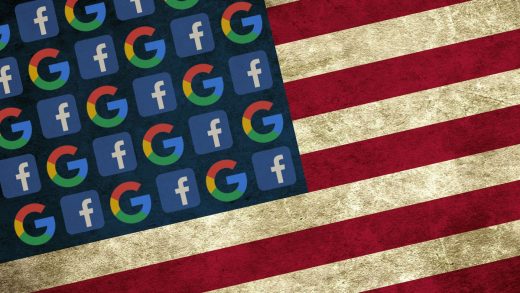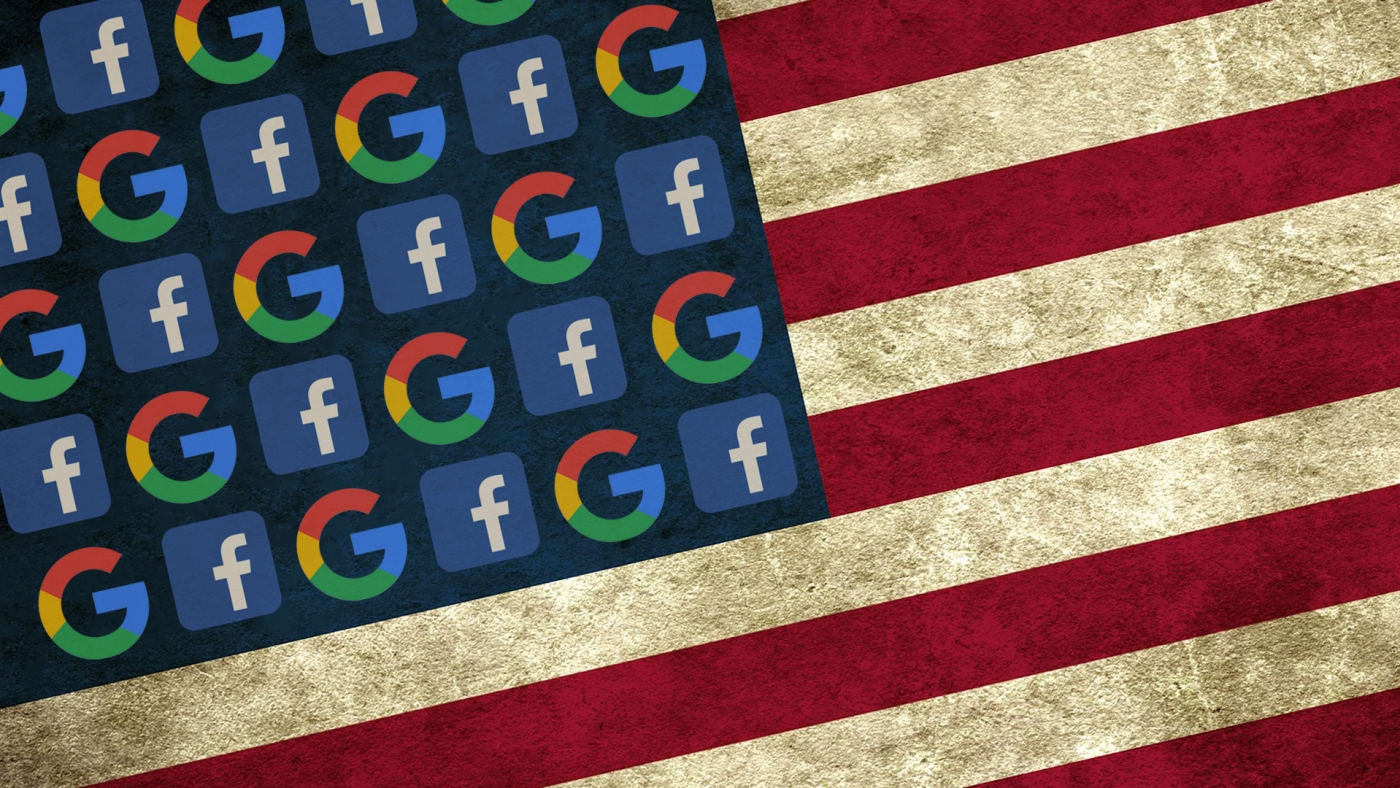Report: Facebook & Google’s free campaign embeds help boost their profits
It’s well known that Facebook and Google have embedded their employees in political campaigns, guiding them at no charge through how to use their ad tools in the most effective way, helping Donald Trump build his coalition of supporters to beat Hillary Clinton in 2016. Less discussed has been how this close coordination with powerful lawmakers has been enormously lucrative, directly and indirectly, to the tech giants. A new report from the organization Campaign for Accountability digs deep into the role of these political embeds and how their unfettered access ultimately helped the tech companies’ bottom lines.
This report details quite thoroughly how Facebook and Google’s embeds went beyond the role of knowledgeable techies teaching the campaigns how to correctly use their products to target ad and persuade voters. In fact, they were “sometimes indistinguishable from campaign hands,” says CfA. Relying on LinkedIn profiles, the group identified 70 Google and YouTube employees and interns whose job responsibilities included political work, as well as 32 Facebook employees that performed this work (not to mention the outside contractors hired by Facebook for its political teams.)
While this has been happening for years, it’s the scope of the activity that raises concerns. For one, this free work could be considered an “in-kind” campaign contribution from the tech companies, given that they are essentially consulting on strategic practices. Yet, they’re not considered as such by the Federal Election Commission and the Facebook and Google say they’re doing the work as a public service. In comparison, Facebook and Google’s many other corporate clients have to pay a hefty price for such services, according to the report.
Ultimately, this comes down to what Facebook and Google get in return when they offer free labor to campaigns. As the report notes, many of these embeds have shifting roles–which range from ad sales to outright political lobbying. According to a review of LinkedIn profiles, numerous employees whose jobs were to guide campaigns through the use of their ad products also had roles advocating for their companies’ political causes.
As Google and Facebook continue to dominate the digital advertising ecosystem, it’s these kinds of little-known programs that helps the duopoly maintain their power. The role of the embeds remains generally opaque to the public–but we’re just now learning more about the scope of their activities, and how they likely help Facebook and Google maintain control of the digital landscape.
You can read the full report here.
(14)



